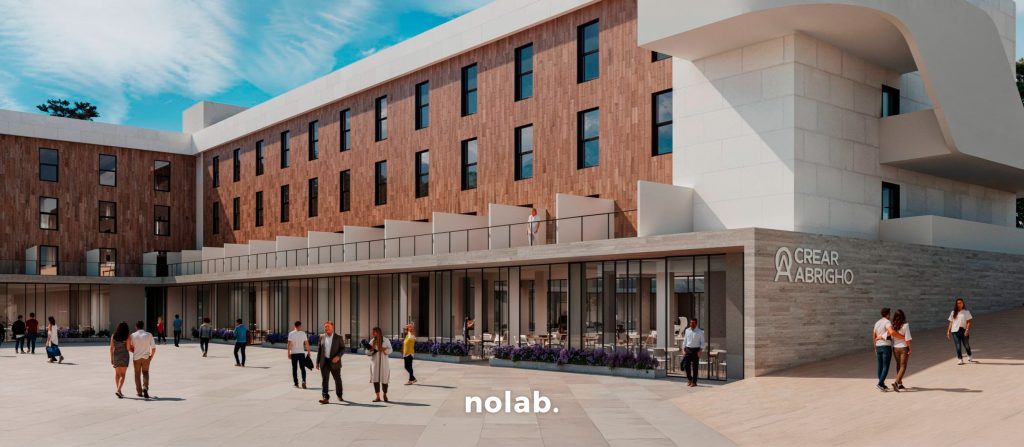The legal security of a real estate property in Mexico is largely supported by its registration in the Public Registry of Property (RPP). This process is fundamental to guarantee that the acts and businesses related to the property, both public and private, are effective against third parties. Below, we explore in detail how to carry out this essential procedure.
What is the Public Registry of Property?
The Public Registry of Property (RPP) in Mexico is an institution dependent on state governments that seeks to provide certainty, legal security and publicity of registered acts, businesses or judicial resolutions. Each state of the Mexican Republic has its own RPP, which is organized in sections corresponding to different types of acts or businesses, such as real estate, mortgages, real rights, moral persons and other acts. The RPP plays a crucial role in the Mexican legal system by guaranteeing the legality of real estate transactions and other legal matters.
What are the costs of registering a property in the Public Registry of Property?
The costs for registering a property in the RPP vary according to the state in which the property is located. In general terms, these costs are composed of a fixed fee and a variable fee. The fixed fee, in 2023, amounts to $446 Mexican pesos and corresponds to the cost of the examination of the document to be registered. The variable fee is a percentage of the cadastral value of the property, which ranges between 2% and 4% depending on the state.
For example, for a property with a cadastral value of $1 million Mexican pesos, the costs would be $20,446 to $40,446 Mexican pesos. In addition, notary public fees must be taken into account, which vary according to the state and the amount of the transaction.
What are the requirements to register a property in the Public Registry of Property?
The requirements for registering a property in the RPP may vary by state, but in general terms, they include:
- Personal documents of the owner(s): valid official identification and proof of address.
- Property documents: public deed of purchase and sale, certificate of freedom from encumbrances and cadastral plan.
- Payment of registration fees: fixed fee and variable fee.
In some cases, additional documents may be required, such as marriage or cohabitation certificates, documents for minors, or a power of attorney if the owner is unable to do the paperwork in person. It is essential to consult the specific requirements of the state in which the property is located.
Extra considerations for enrollment
- Choice of the notary: The choice of the notary public is crucial, since he/she is in charge of drafting the deed of sale and carrying out the necessary formalities for the registration in the RPP. Opting for a notary with experience and reputation is fundamental.
- Verification of the legal status of the property: Before purchasing a property, it is important to request a lien free certificate from the RPP to ensure that there are no liens or encumbrances on the property.
- Payment of taxes: Property sales and purchases are subject to the payment of taxes, such as income tax, value added tax and real estate acquisition tax. Consult with the notary public the taxes that you must pay and the procedure to do so.
Undoubtedly the process of registering a property in the Public Registry of Property is a fundamental step to ensure the legal security of a real estate property in Mexico. Remember that in Nolab you can buy a luxury property easily, quickly and move forward with total security in any legal process you need to perform.
IMPORTANT: Remember that the costs involved, which include fixed and variable fees, vary by state and property value. Requirements may also vary, but generally include personal and property documentation, as well as the payment of registration fees.
Considering the above, it is essential to carefully choose the notary public and verify the legal status of the property before completing the sale and purchase. Through these processes, owners can ensure that their investment is legally backed and protected at all times.
The Public Registry of Property in Mexico, in constant evolution, has implemented measures to improve its efficiency and transparency, such as the digitalization of registries and online consultation systems. These advances seek to facilitate the registration process and provide greater accessibility to information for all those interested in properties in the country.











